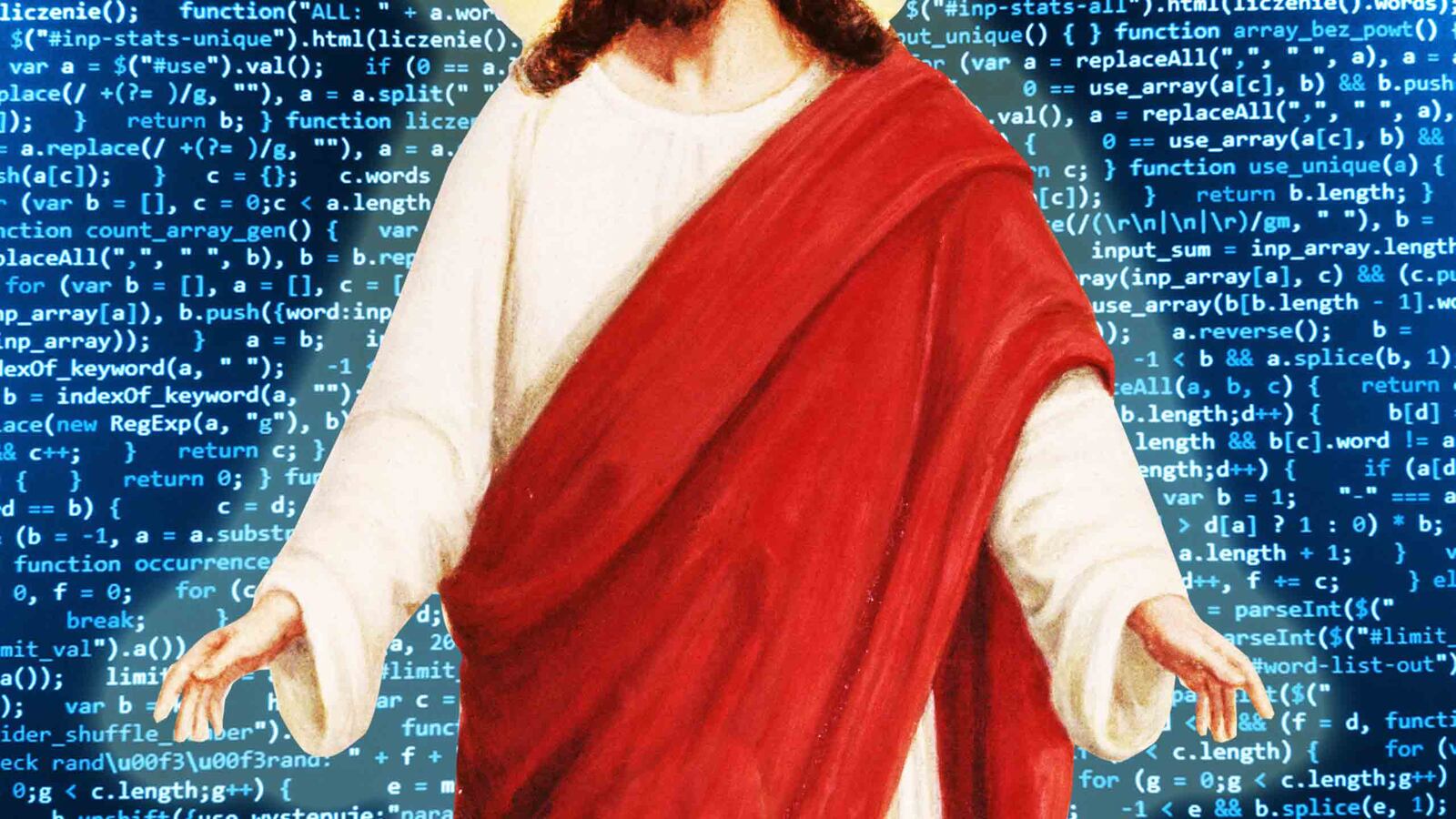What do the most powerful people in the world read? For Donald Trump, the depressing but familiar answer is nothing beyond tweets and headlines. But for Barack Obama, Mark Zuckerberg, and Bill Gates, one answer is the work of Israeli historian Yuval Noah Harari, whose 2014 popular history bestseller, Sapiens: a Brief History of Humankind, zoomed across tens of thousands of years in narrating the history of our species. His new book, Homo Deus: a Brief History of Tomorrow, seems expressly designed to appeal to the same elite readers who helped catapult his first book into the international spotlight.
Harari’s latest book has already attracted the attention of Google cofounder Sergey Brin, who was apparently interested to learn that he would probably die before humanity “solves” the “problem” of death. This may not have been the most welcome news, but the rest of the book brims with precisely the sort of technocratic triumphalism likely to please the cofounder of Google. Harari paints a sort of cosmic drama in which Silicon Valley looms large; he suggests that genetic engineering and artificial intelligence will soon culminate in the elimination of mortality and the attainment of permanent biochemically induced bliss. “One day our knowledge will be so vast and our technology so advanced that we shall distil the elixir of eternal youth, the elixir of true happiness, and any other drug we might possibly desire—and no god will stop us,” he writes.
It’s not hard to see why such rhetoric would appeal to the elite of Silicon Valley, who as a group are both unusually terrified of death and able to spend enormous sums trying to postpone it. But these utopian prospects also suggest that history has a positive and progressive arc, that our species will ultimately vanquish the old foes of death and despair, and that technological advances, and by implication the companies and executives accelerating them, will play a starring role in our salvation. At a time when Google and Facebook are plausibly accused of everything from destroying jobs to profiting from and disseminating fake news, this is indeed a reassuring message for their founders: just as their many ardent cheerleaders assure us, the tech companies are in fact saving the world and inventing the future.
Harari’s background as a historian—he earned a doctorate from Oxford and currently teaches at Hebrew University in Jerusalem—gives him a certain veneer of objective distance from all the superheated rhetoric that Silicon Valley spews forth about its own greatness. By lending the imprimatur of history and scholarship to techno-utopian visions, he helps bolster the credibility of what might otherwise sound like more of Silicon Valley’s self-serving hyperbole. Harari is also careful to strategically disavow his own claims. If Brin reads to the end of the book, he will learn that all the scenarios it imagines “should be understood as possibilities rather than prophecies.”
This is a worthy qualification, but one that conflicts with much of the preceding 400 pages. While he is agnostic about precisely when and to what extent humanity will achieve these goals of godliness—making death optional and mastering our own biochemistry sufficiently to ensure ceaseless happiness—he presents as inevitable the pursuit of these dreams. “My prediction is focused on what humankind will try to achieve in the 21st century—not what it will succeed in achieving,” he writes. This rhetoric implies that anyone who does not sanction these goals as reasonable or responsible is blind to the direction of history, a naïve antiquarian, an unrealistic idealist. By suggesting that history has immutable laws, Harari can paint his critics as simpletons who might as well be objecting to Newton’s laws of motion. He even concedes that it might be a huge mistake for humanity to aim for these particular goals, but he claims that his book is a “historical prediction, not a political manifesto.”
His approach rests on the shrewd confusion of prescriptive and descriptive terms. He writes, for instance, that “for modern people death is a technical problem that we can and should solve.” Thus anyone who disagrees with him is not modern so much as primitive, medieval, and premodern. If by “modern” he means people alive today, the statement is false—many people regard death as a necessary and often beautiful aspect of life. If by “modern” he means something more qualitative and evaluative, his statement requires some sort of normative defense. Why should we prefer this attitude to death over other possible attitudes? But attempting to answer this sort of question is precisely what he avoids, opting instead for a pseudo-descriptive account of inexorable historical trends.
Harari is certainly aware that beliefs—regardless of whether or not they are true—influence actual events in the world. This is one of his recurring themes in both Sapiens and Homo Deus. When enough or the right people believe them, fictions become facts that shape our experience. And he is able to recognize that some beliefs about technology are incredibly destructive. A good example is the belief that the problems of climate change will be eradicated through technological breakthroughs. He writes, “The belief in this hi-tech Ark is currently one of the biggest threats to the future of humankind and of the entire ecosystem. People who believe in the hi-tech Ark should not be put in charge of the global ecology, for the same reason that people who believe in a heavenly afterlife should not be given nuclear weapons.” This is absolutely true, and it’s important to try to persuade influential people of its truth.

What’s puzzling is that Harari fails to recognize the dangers of other beliefs he promotes. The belief that historical trends make it essentially unavoidable for humanity to spend the next century pursuing immortality and biochemical bliss is itself a threat to many other goods: the dedication of money and resources to solving immediate problems like hunger and poverty, the development of philosophically mature responses to mortality, and the cultivation of sustainable and communal strategies to pursue happiness.
Like all predictions about the future, Harari’s are impossible to falsify. But the stature of his readers makes them particularly hazardous. By flattering tech executives into believing that they and their companies will soon allow humans to upgrade themselves into godlike creatures, Harari has certainly guaranteed himself a lucrative position as seer and sage on the tech-conference speaking circuit. But he is also doing something deeply insidious. By adopting a retrospective tone in his descriptions of the future, as if he were simply describing the inevitable trajectories of unchangeable trends, he encourages his many influential readers not to question the very beliefs that threaten us most.






